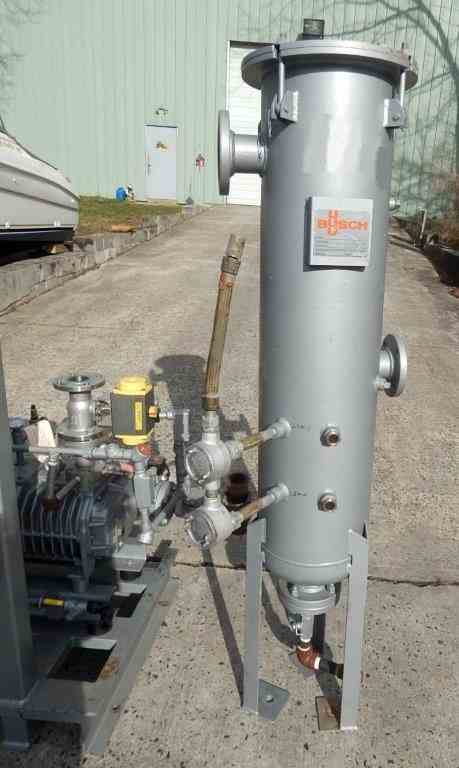
The energy shortfall has left France in the awkward position this winter of leaning more heavily on its coal-fired power stations, tapping coal-generated electricity from Germany and relying on natural gas imports as prices spike amid the conflict between Russia and Ukraine. The company has temporarily closed 10 reactors, down from 17 in December, for maintenance, including to fix cracks found in pipes at some plants. The company warned this week that its nuclear energy output would slump to the lowest levels since the 1990s because of problems at some sites, sending European energy prices to fresh highs.
#Power factory 15 crack series
But France has fallen from dominance as EDF, which has grappled with a series of longstanding setbacks, faces a full-blown crisis just as Europe struggles with an energy crunch. The nuclear industry is a national priority in France, creating about 200,000 jobs directly and indirectly.įrance relies on an aging fleet of 56 nuclear reactors - the most after the United States, with 93 - to generate 70 percent of its electricity and to export energy to other countries. Most candidates, with the exception of France’s Greens party, have said nuclear power is needed to meet climate goals. “There has been no real democratic debate about this - just a candidate making opportunistic declarations,” he added.Ĭlimate change and the nuclear industry’s potential role in it have become a central issue in France’s coming presidential election. “This is a crucial decision that would engage France for centuries in terms of the hazardous waste that nuclear facilities produce,” Nicolas Nace, the head of energy transition policy at Greenpeace France, said. Macron’s blueprint consists of constructing six mammoth next-generation pressurized water reactors at existing nuclear sites around France starting in 2028, with an option to consider building up to eight more by 2050. With an estimated starting price of 50 billion euros ($57 billion), Mr. The French plan is aimed at cementing the country’s position as Europe’s biggest atomic power producer and positioning Électricité de France, or EDF, the troubled state-backed operator, to compete more aggressively against Chinese and American companies in the growing global market for nuclear energy. That has opened a rift with a group of nations led by Germany, which is wary of nuclear proliferation and will close its last atomic power plants this year, following a 2011 policy set by former Chancellor Angela Merkel after the nuclear disaster in Fukushima, Japan. Macron has been leading a coalition of like-minded countries in backing nuclear energy to speed up the push to net-zero emissions and energy independence.

The divide has taken on new dimensions as leaders pledge to avert a climate catastrophe and grapple with an energy crisis that has sent prices for natural gas and electricity surging to record highs - in part because nuclear energy production has fallen. Macron’s move is seen as a pivotal moment in a growing debate over nuclear power in Europe. “The time has come for a nuclear renaissance,” he added. Macron said at a nuclear turbine factory in the industrial city of Belfort in eastern France as throngs of workers and political officials gathered around. “What our country needs is the rebirth of France’s nuclear industry,” Mr.

Macron, who had previously pledged to reduce France’s reliance on nuclear power but has pivoted to burnishing an image as a pronuclear president battling climate change as he faces a tough re-election bid in April. The announcement represented an about-face for Mr. President Emmanuel Macron announced a major buildup of France’s huge nuclear power program on Thursday, pledging to construct up to 14 new-generation reactors and a fleet of smaller nuclear plants as the country seeks to slash planet-warming emissions and cut its reliance on foreign energy.


 0 kommentar(er)
0 kommentar(er)
